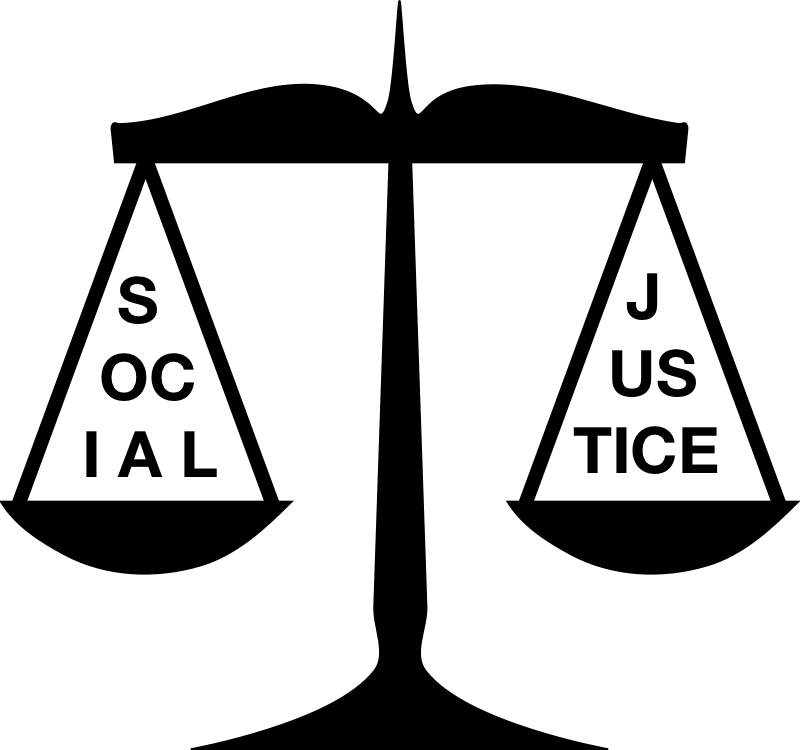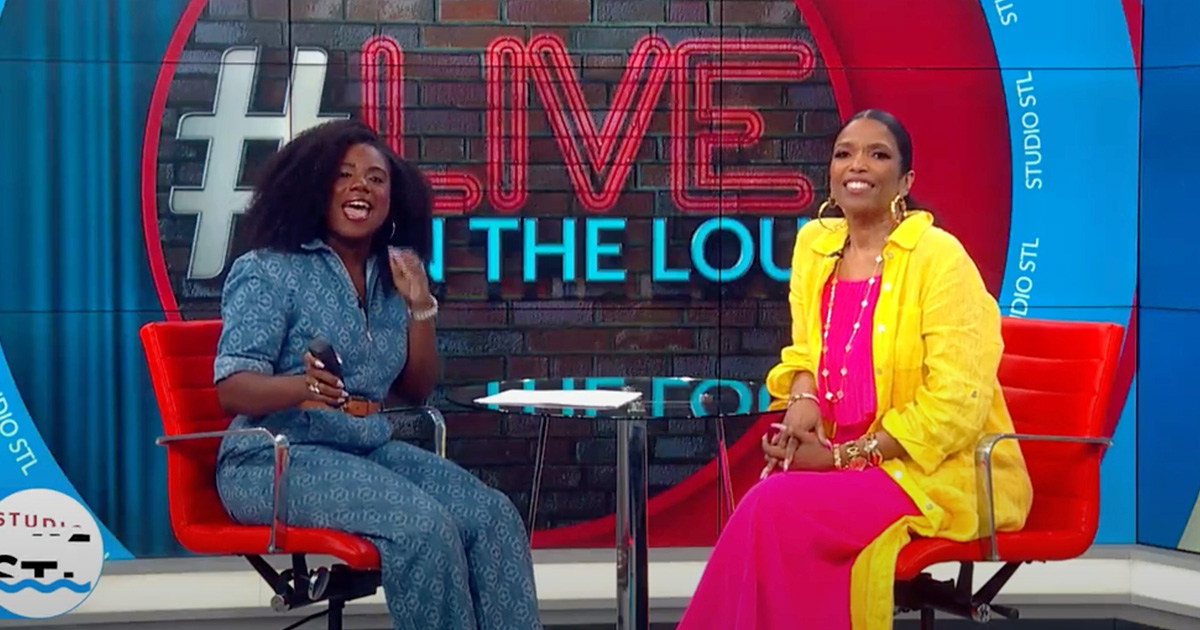Even if millennial’s feel neither Trump nor Clinton has adopted a criminal justice reform or social justice policy agenda that lives up to their expectations, Hillary is the only real choice for African-Americans and millennials who’ve spent the last couple of years protesting and engaging in disruptive politics to move the needle on social justice issues.

No doubt a President Clinton would appoint an open-minded Attorney General committed to social justice, as well as liberal leaning justices to fill vacancies on the U.S. Supreme Court. These incremental victories matter, and are worth working on rather than forsaking an entire election because complete victory seems illusive.
The complete overhaul of the criminal justice system will not happen overnight. Under the Obama administration and US attorney Loretta Lynch, there has been significant progress that should not go unnoticed, including a convening of law-enforcement officers to develop new national guidelines for the 18,000 police departments; new guidelines that limit the sale of military equipment to Police Departments; federal funding to local law enforcement for the purchase of body cameras; and multiple investigations and consent decrees with police departments which have engaged in racially biased policing. Under a President Clinton administration, Democrats will continue the work of reforming our criminal justice system.
In contrast, Trump has loudly declared himself the “law and order” candidate and his brazenly used contemptuous language when discussing Black Lives Matters protesters. He has rejected invitations to meet with traditional civil rights organizations like the NAACP and National Urban League, and has shunned meeting with millennial activists. He surrounds himself with some of the nations’ most vocal opponents of BLM, such as Rudy Giuliani, who repeatedly refers to African Americans as thugs. One can only imagine that under a Trump administration, the gains that BLM have made would be eviscerated and the organizations very existence threatened.

Similarly, a conservative appointee to the United States Supreme Court could single-handedly change the course of our country’s civil rights policies for the foreseeable future. The recent North Carolina voting suppression case bears witness to this statement. After a local court upheld a North Carolina GOP crafted law which restricted African American voting rights, a federal Court of Appeals overruled the decision citing multiple violations of the Voting Rights Act. In a scathing opinion, a U.S. Appellate Court stated that the North Carolina law makers acted with “surgical precision” to target and restrict the votes of African Americans. When the state appealed to the United Stated Supreme Court, a four to four tie amongst the Justices prevented the oppressive law from being reinstated.
Based on comments from the four conservative justices that voted in favor of reviewing the appellate court decision and the recent trend on the court, it’s safe to assume had there been a fifth conservative on the court, Black voters in North Carolina would have been left without recourse. One additional conservative appointee could tip the balance on decisions impacting voting rights, gun control, abortion rights, search and seizure laws, and laws which provide a safe haven for officers in police shooting cases.
In the 1985 Tennessee v. Gardner case, The United States Supreme Court ruled that deadly force may not be used by an officer unless he had probable cause to believe a suspect posed a significant threat of death or serious bodily harm to the officer or others. The court expanded upon its ruling in the 1989 Graham v Connor case by pronouncing that the standard was objective reasonableness. There are no indications that the court is going to vary from the standards outlined in these seminal cases.
However, state legislators around the country have been grappling with how to address the number of police shootings that occur in this country every year, particularly involving unarmed African-American men. Some lawmakers have suggested changing the standards that now govern police shootings to make it more difficult for officers to avoid prosecution by relying on the standards articulated by the Supreme Court in the 1980s and reaffirmed by recent decisions. It’s not readily apparent that a shift of this nature is imminent; however it is clear that millennials are committed to real criminal justice reform and that that requires going beyond body cameras and commissions. Any such shift in the law would require, at a minimum, five votes on the Supreme Court. A Clinton presidency moves us closer to that fifth vote.

Clinton isn’t a perfect candidate by a long shot, but she offers the most pragmatic choice for millennials and social activists who are demanding real change. Hold your nose. Stomp your feet. Continue to protest. But by any means necessary, vote.



